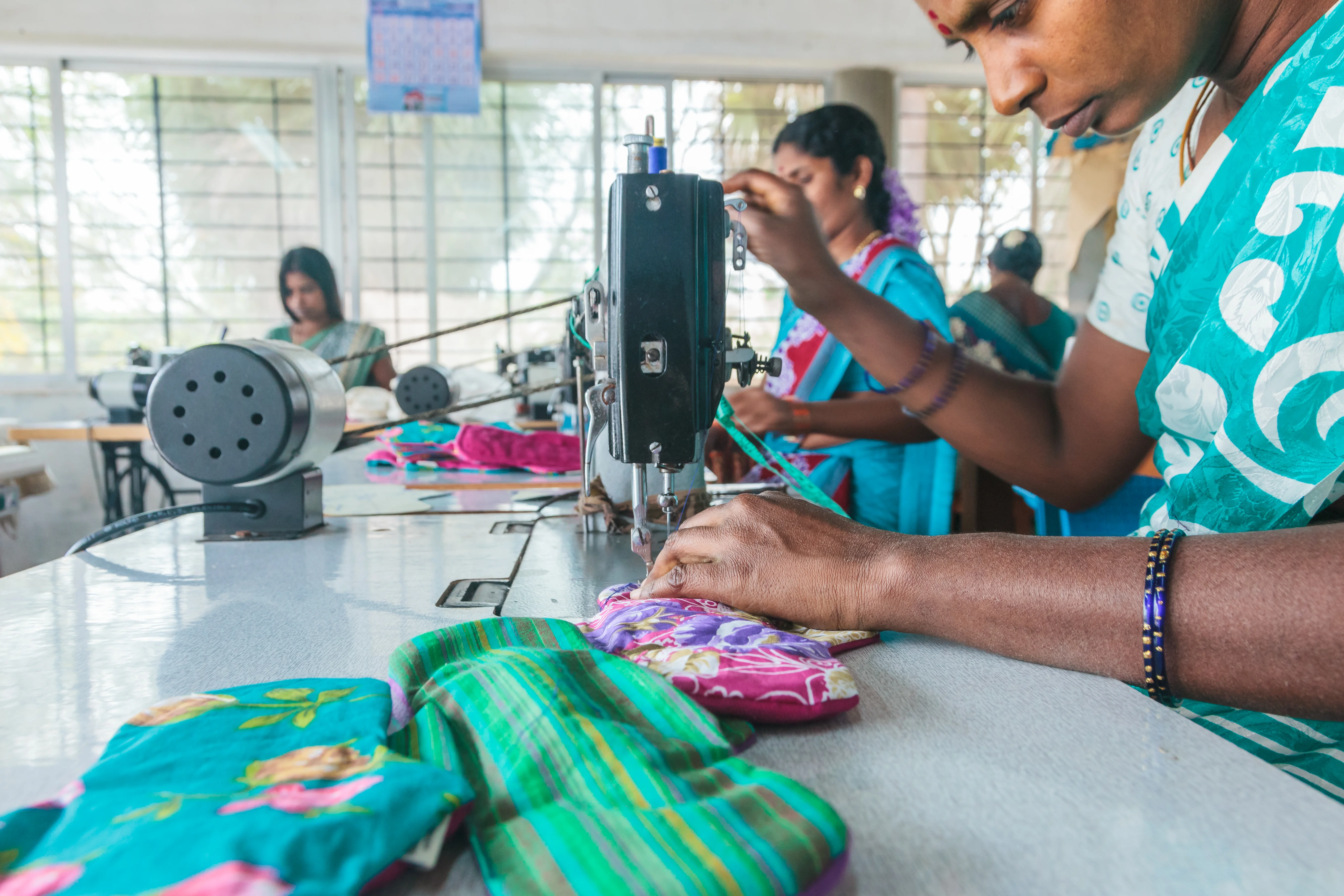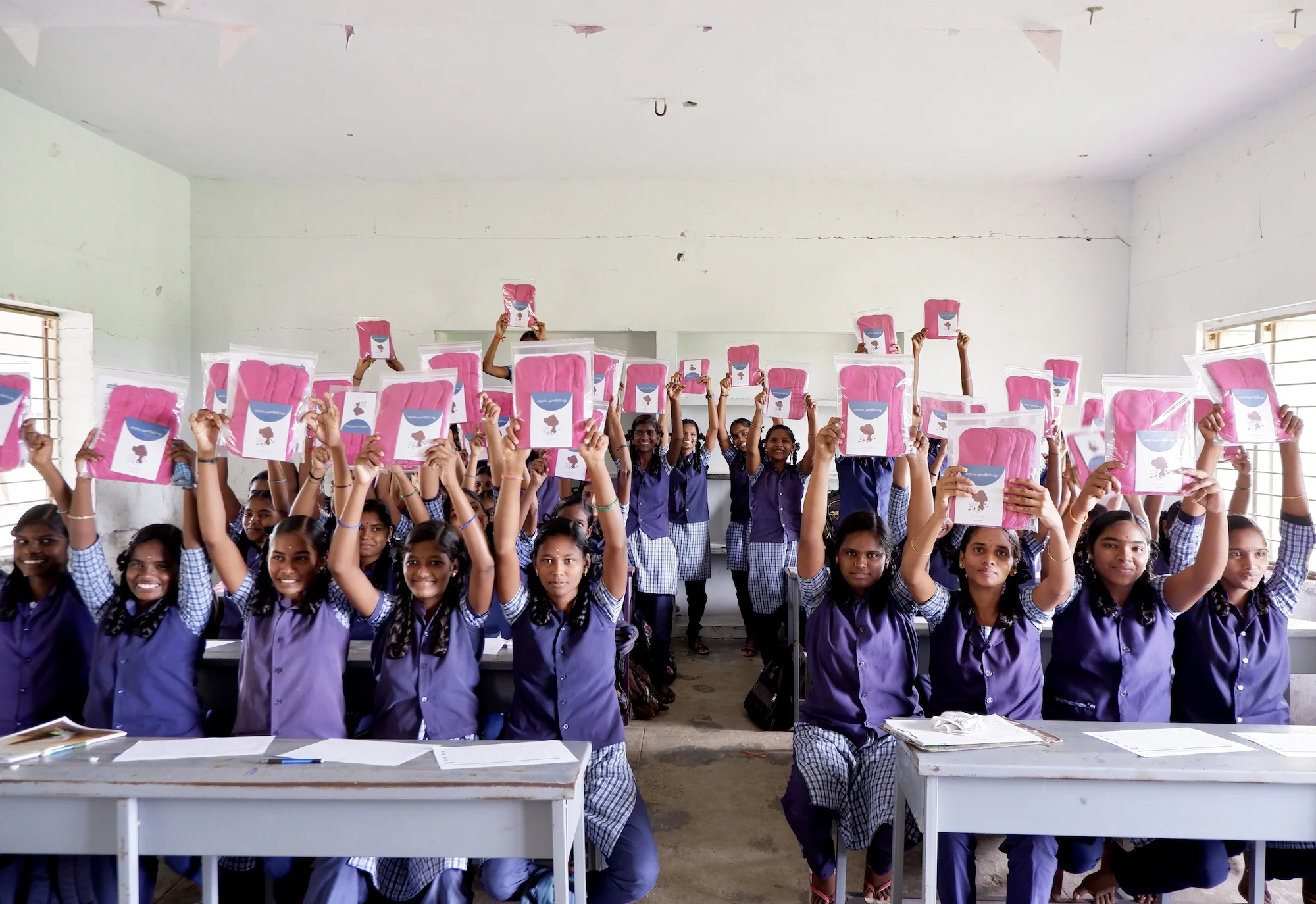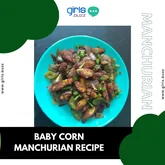Kathy Raising Awareness About Benefits of Switching From Disposable Pads to Sustainable Cloth Pads
7 minuteRead

By Ruchi Sharma
Menstrual hygiene is not only important but it is actually a woman’s right. Even today there are many young girls and women that are deprived of something as basic as a sanitary napkin. Many campaigns are being run to educate women about menstrual hygiene. But did you know even the good old sanitary napkins are accompanied by the possibility of being an environmental hazard as they contribute to monumental plastic waste. Every year sanitary napkins are slowly and steadily contributing to tonnes of plastic waste which has no chances of getting recycled even in the next hundreds of years.
That’s why there has been a shift to sustainable menstrual hygiene products like menstrual cups, period panties and even cloth pads! Yes, that’s right, cloth pads! They are great for the environment and are cost effective. But the next question that comes to mind is why cloth pads? It’s been years since we have moved away from using cloth pieces as a period product right? To answer this question we got on board Kathy (co-founder of Eco Femme) and Laure (social media and communication head) from Eco Femme, a brand working for raising awareness on menstrual hygiene and making cloth pads.
So, without further ado, here’s presenting the SpeSHEalist Talks!

- Hi Kathy and Laure, welcome to Girls Buzz. We are super excited to have you on board and would love to know more about you.
Kathy: So happy to be with you - we love the work of Girls Buzz! I am Kathy, living in Auroville for the last 25 years and the co-founder of Eco Femme.
- Eco Femme is all about sustainability, right? How did this idea come into being?
Kathy: Observing the growing mountain of garbage and especially plastic waste in India was deeply concerning. Upon learning just how much plastic goes into each single use, commercially branded, sanitary napkin, we wanted to introduce an option that didn’t add to the mess. Cloth pads were a product that both my cofounder Jessamijn, and I were already using and loved and we wanted to introduce this to the Indian market as we believed they were a good alternative to single use and throw products. We hoped that this idea would pick up in India where sanitary napkin use was rapidly becoming mainstream
- Why cloth pads? Like in ancient times, women used pieces of cloth as pads but it revolutionised into regular sanitary napkins. So, why should women switch back to cloth pads?
Kathy: There is no viable way to dispose of sanitary napkins that is non polluting hence we believe we have to think about reusable options as the way forward. Cloth pads are interesting because cotton cloth is safe (chemical free) and trusted and with the design elements of wings and leak proofing, they overcome the obstacles that many women face to use regular cloth. Cloth pads are an upgraded version of the traditional practice, designed for modern day functionality.

- Apart from health reasons and sustainability, are there any other reasons women reading this must know about benefits of switching to cloth pads?
Kathy: Cloth pads tick many boxes. They are healthy due to the absence of toxic chemicals, they obviously create less waste and, in addition, they save money! Investment in a kit of cloth pads costs approximately what a girl would spend in one year on disposables - except that she gets to use them for at least 3 years!
- Now this is a curious one! How does one reuse these pads? Isn’t it difficult to maintain a reusable menstrual product rather than a disposable one?
Laure: Actually, reusable pads are easy to use. It basically works like single use pads: you have to change it every 4 to 6 hours according to your flow. But then, instead of throwing it now, you can reuse them in this way:
If you’re home, you can put it in cold water for minimum 20 minutes after use,
If you are outside - at work or school - you can fold the pad and place it in cold water for a minimum of 20 minutes up to overnight once you come home up to after a few days.
The soaking phase is very important as it takes out most of the blood. Then wash the pad, preferably with natural soap as the pad is directly in contact with the vulva, either manually in a 2 -3 minutes or toss it in the washing machine.Preferably sun dry for natural sanitization. You can follow the instructions given with these pads.
- Are cloth pads really leak proof, since plastic in the sanitary napkins make it leak proof. How does this work in cloth pads?
Laure: Yes, they are. First, our cloth pads are made of up to 8 layers of absorbent cotton. Also, the back of our pads has a leakproof PUL (Polyurethane) layer - which is a very thin plastic lamination - to avoid leakage. Also, whether disposable or reusable, it’s important to keep in mind that a pad needs to be changed in time before it leaks, depending on your personal flow.

- We saw your really cute products, baby cloth nappies. Once again in older times, it was preferred to use cloth nappies over the diapers, in fact even today many households prefer that. How are Eco Femme’s cloth nappies different from traditional ones?
Kathy: Modern cloth nappies use absorbent liners that fit snugly inside a leakproof outer case that can be adjustable to fit a growing baby - they are flexible, functional and look cute! We have also developed a very simple solution - a “sumo style” belt - which is super easy to use with any cloth that can be draped over and kept in place with this soft cotton adjustable belt. These simple solutions are inexpensive and work really well for toddlers on the go!
- We read this very interesting word ‘eco-sisterhood’ that is one of your core values. Would you like to elaborate more about it?
Kathy: Eco Sisterhood is the beating heart of everything we do and everything we care about at Eco Femme! We deeply feel that the times we live in demand new leadership and new ways of responding to the challenges that humanity is facing and strongly believe that embracing the “feminine” (seen through the lens of being a quality, rather than a gender) could offer the transformation we so deeply need. Compassion, vulnerability, generosity, intuition, deep listening, connection and authentic love are all intrinsic to Eco-Sisterhood as we understand it. As more spaces emerge for women to connect, create, and lead, we believe supporting each other in a nourishing, restorative way can help generate real change and facilitate a deeper shift away from competition—a mindset rooted in scarcity—towards supportive collaboration and stewardship.
- Menstrual hygiene and health still remains like a hush hush topic in most households. Have you faced any roadblocks while creating awareness about it?
Kathy: In our work, we promote menstrual health and hygiene through education in various ways - in schools and groups and also one to one conversations. In general there is a real willingness to engage with this topic when it is explored with curiosity in a safe, non judgemental way. We have been genuinely touched and surprised by how open and ready to talk people are - not just women and girls but men too! It feels to us that the time is really ripe to have open conversations about menstruation.

- We would love to know more about your social commitments and all the wonderful work that Eco Femme is doing.
Kathy: The core of our work is centred around transforming mindsets, attitudes, narratives and practices with regard to menstruation.
As menstruation is an experience that transcends culture, class and caste, we see an extraordinary opportunity to advance social transformation and ecological awareness through every step of our work.The key pillars of our work are:
Produce and sell organic cloth washable pads - we do this commercially to affluent women in India and around the world, Menstrual health education - we primarily extend this work through 2 community outreach initiatives: Pad for Pad program is a buy one give one scheme which we apply to every pad sold internationally. We club these donations and provide girls from low income communities with menstrual health education and access to free cloth pad kits. This year we will reach 15,000 girls through an extensive partnership network. Pads for Sisters enables women from low income backgrounds to avail of access to discounted cloth pads to be affordable along with menstrual health education - we spread this initiative through extensive NGO partnership across the country. Run an impactful social enterprise - Our hybrid business model enables us to channel income from the commercial sale of our cloth pads towards not-for-profit activities that bring benefit to as many women and girls as possible.
We seek to create a truly holistic approach to menstruation by integrating ethical business practices, production processes that engage rural women as cloth pad producers, and culturally sensitive, Life-affirming education about the menstrual experience.
Revisioning the menstrual narrative - through a range of training and educational offerings we aim to open our minds to a story in which shame and secrecy is replaced with curiosity and period positivity.
- So what’s next? Where do we see Eco Femme a few years down the line?
Kathy: We are delighted to see that after 13 years of work, cloth pads are at least becoming known as a viable menstrual product option. We increasingly see our focus in the coming time to be geared even more towards education. We hope to see an even greater shift in how we understand and relate to menstruation:
That non polluting products become the norm rather than the exception and that menstruators are aware of their choices.
That menstruation is no longer associated with shame, secrecy and isolation - that the cultural narrative is period positive and that we can bleed with dignity and pride.
That more and more girls feel empowered to speak up from a place of deep connection to their bodies on behalf of the earth.
All of our work - from the products we make to the educational offerings we are developing are geared towards this cultural and environmental transformation!
- Any closing words for the ladies reading this?
Kathy: We hope these words can open a space to consider menstruation through fresh eyes! Befriending menstruation, which can be helped by a shift to cloth pads and other reusable products, can be a liberating experience helping you to become more intimate with your body. It is an empowering choice that brings you into a greater harmony with nature. Thank you for this opportunity to engage with you on such a deep and important topic!
So, that was some informative talks with Kathy and Laure. Do you also use a sustainable period product? Do tell us in the comments section below.
Ladies in the Banner- Co-Founders of Eco Femme: Kathy Walkling and Jessamijn Miedema
Here's another SpeSHEalist Talks you can read: Yoga for Menstrual Health 101: Meet Ratika, A Certified Yoga Expert!
Write, Record and Answer! Consume Unlimited Content! All you need to do is sign in and its absolutely free!
Continue with one click!!By signing up, you agree to our Terms and Conditions and Privacy Policy.










